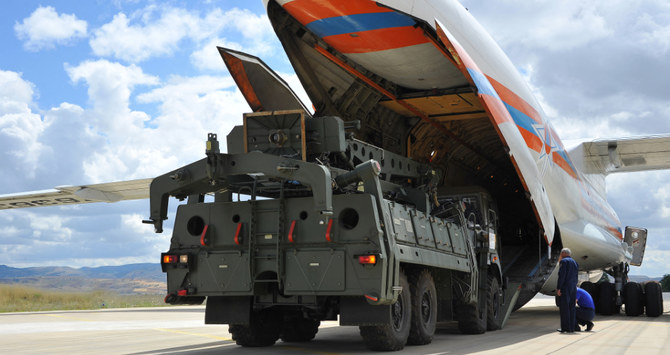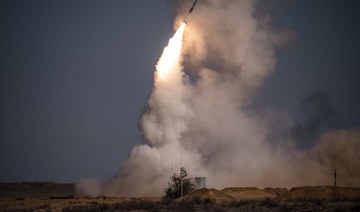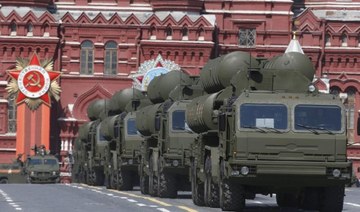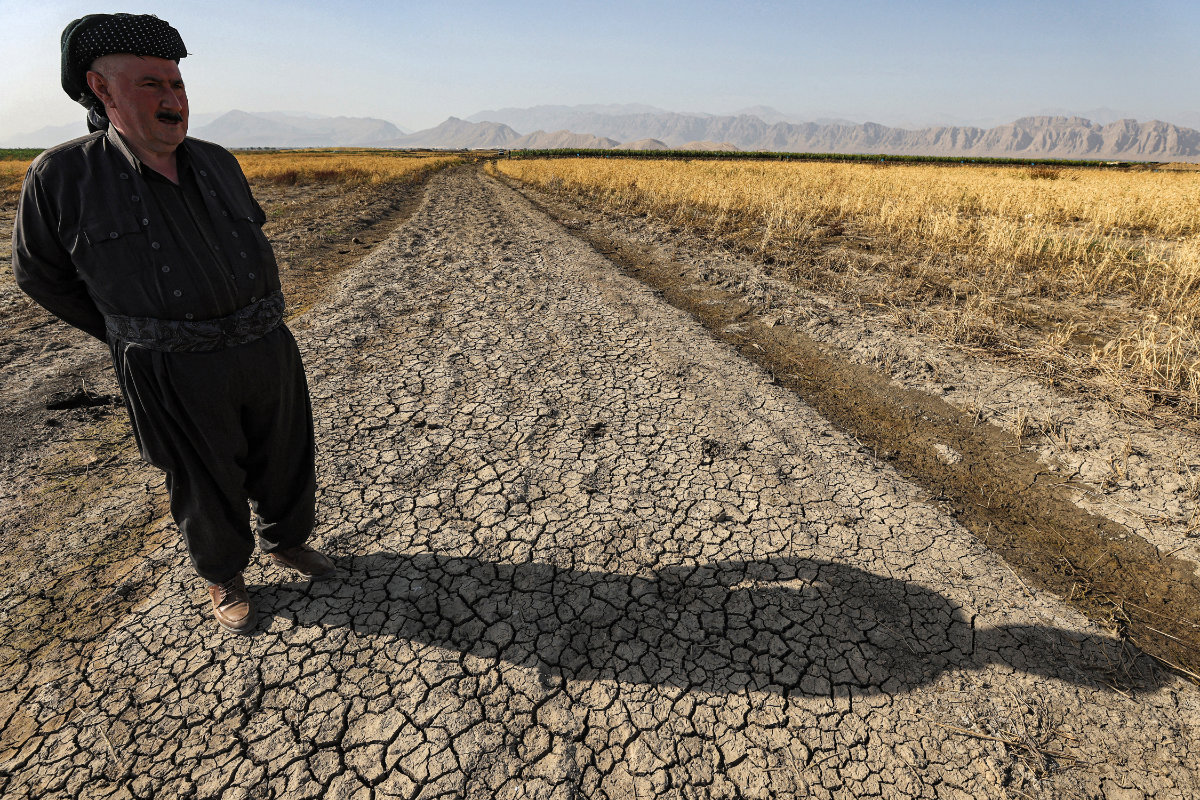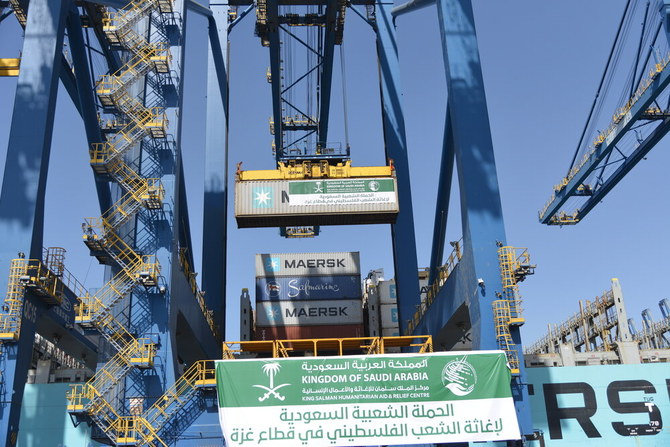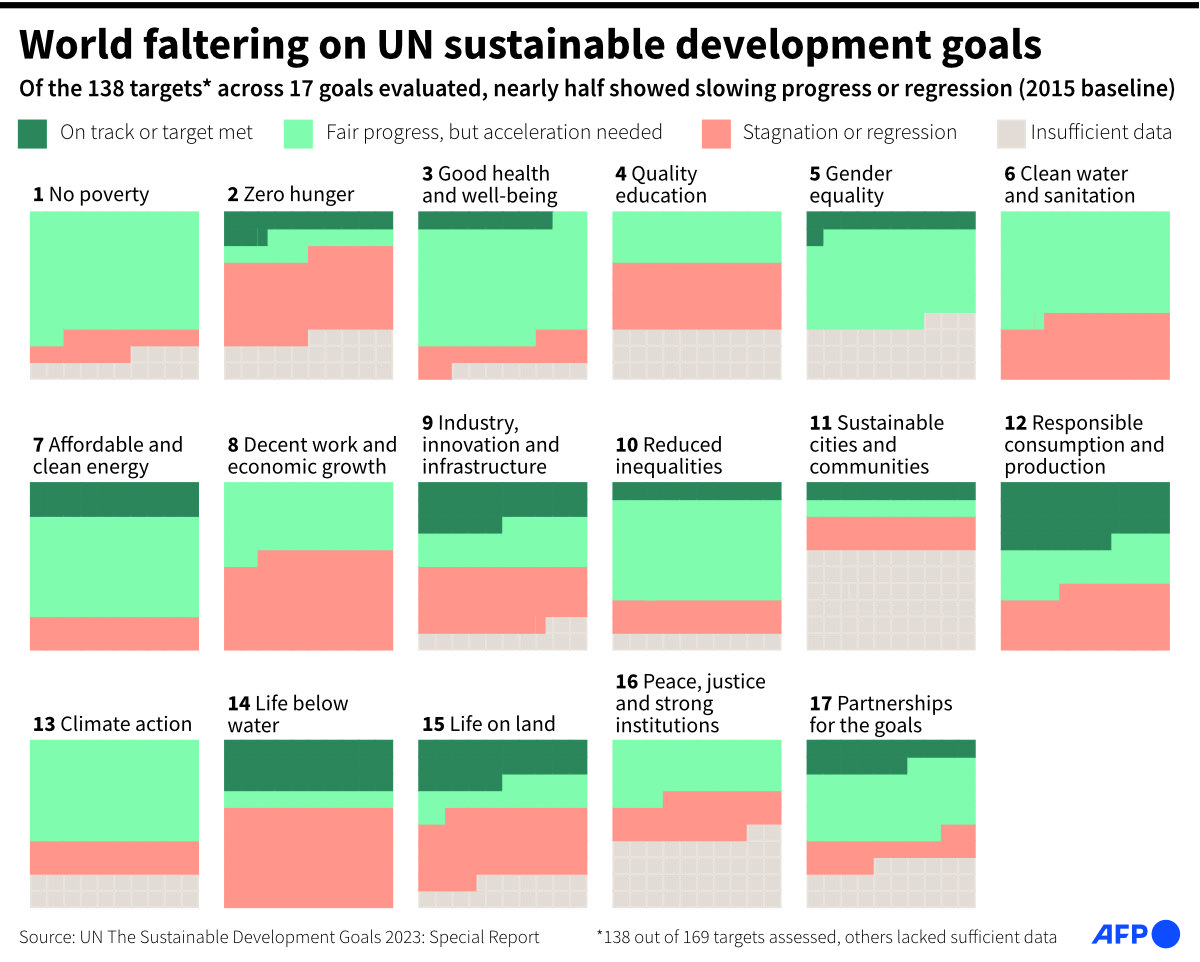ANKARA: Amid ongoing talks to improve ties with the administration of President Joe Biden, Turkey reportedly made a surprise request to the US to buy 40 Lockheed Martin F-16 fighter jets and 80 modernization kits for its existing warplanes.
The request is subject to approval by the US State Department and then by the US Congress, where Ankara will require further lobbying efforts.
Washington, D.C.-based law firm Arnold & Porter has recently extended for one year its $1.5 million lobbying contract with Turkey for “strategic counsel and legal consultancy services” over its participation in the F-35 fighter jet program.
Turkey’s removal from the F-35 program in 2019, after it purchased a Russian S-400 missile defense system, cost Ankara about $1.4 billion, as it had already ordered more than 100 of the jets.
Turkish President Recep Tayyip Erdogan met with Russian counterpart Vladimir Putin on Sept. 29, and said Turkey would proceed with its plan to the purchase a second batch of S-400s, despite US sanctions in December 2020, when the US blacklisted Turkey’s Defense Industry Directorate, its head and three employees.
Ankara is reportedly pondering new avenues of defense cooperation with Russia, including joint production of aircraft engines and warplanes.
Sine Ozkarasahin, an analyst at Istanbul-based think-tank EDAM’s security and defense program, thinks that after losing the F-35s and being exposed to US sanctions under the Countering America’s Adversaries Through Sanctions Act on its arms industry, this latest request is surely a way out to some extent.
“Right now, Turkey does not have the fifth generation aircraft that are crucial for keeping the military edge vis-a-vis Turkey’s geopolitical competitors. At present, the Turkish Air Force does not have another viable stopgap solution,” Ozkarasahin told Arab News.
“With its current technological know-how and familiarity with CONOPS, knowns as concept of operations, (the) F-16 Viper modernization package is a far better choice than the Russian alternative, (the) Su35. A switch to the Su35s as a stopgap would also require a significant shift in training, infrastructure and even in the military doctrine, since the Russian aircraft design philosophy drastically differs from that of western tactical aviation.”
Turkey’s fighter jet fleet mainly consists of fourth-generation US-made F-16 Fighting Falcons and older F-4 Phantom IIs.
In February, Turkey’s procurement and defense authorities initiated a new program to increase the structural life of the country’s existing fleet of F-16 Block 30 jets from 8,000 flight hours to 12,000.
The upgrade program was considered by experts as a sign that Turkey wants to keep the F-16s as its main fleet until its planned indigenous fighter jet becomes operational.
According to Ozkarasahin, Turkey’s National Combat Aircraft is expected to enter service only in the 2030s, while the first variants of the baseline will probably not be fully fifth generation aircraft — factors that would lead to a significant gap in Turkey’s air warfare capabilities.
“To catch up with contemporary air warfare trends, Turkey urgently needs a stopgap solution and then a feasible plan to acquire fifth generation capabilities. The F-16 purchase can get the job done at least for the first objective,” she said.
Ozkarasahin thinks that Washington can use the request as a political bargaining tool against Turkey.
“However, with the help of the defense industry giants like Lockheed Martin, Turkey can receive a conditional approval from Congress. Since both the Republicans and Democrats share (a) harsh stance toward Turkey, diplomatic talent will be the game changer,” she said.
In case Turkey opts for Russian Su-35 fighter jets for the interim period until it fields a fifth generation fighter, that would undermine its relations with the Biden administration and risk further US sanctions, experts note.
Soner Cagaptay, director of the Turkish program at the Washington Institute, thinks that the latest Turkish move in requesting F-16 fighter jets and modernization kits from Washington also aims to test US sincerity and friendship.
“Perhaps it is also a way of asking the US decision-makers that although Washington removed Turkey from (the) F-35 fighter jet program over its purchase of S-400s, how about its policy over F-16s? The real question is whether the bilateral relations will get back on track or not,” he told Arab News.
“Notwithstanding recent problems in Turkey-US ties, there are still few people among decision-makers and (the) Turkish military elite who do not want to let go of what remains of US-Turkey military ties. So they are trying to add a new layer to this relationship by trying to build new bonds, new bridges in this way,” Cagaptay added.
Biden and Erdogan are expected to meet in Rome in late October.
On Sept. 23, during an interview with Turkish journalists in New York on the sidelines of the UN General Assembly, Erdogan said Washington should either deliver F-35s to Turkey or reimburse it.



